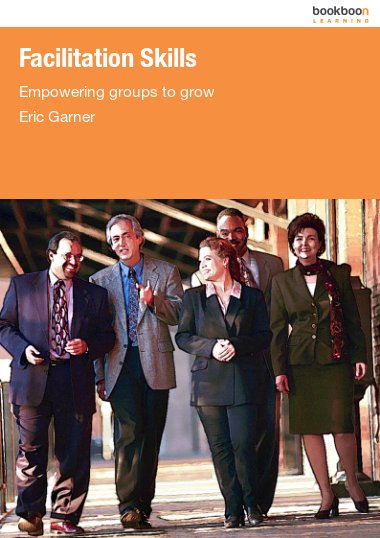Writer Timothy Gallwey was once asked what the most important word in the management dictionary was and he answered that it was “let”. Not any of the more familiar words, such as “money”, “resources”, or “profit”. But a word that is the opposite of one of the early definitions of “management” as “the control and marshaling of resources”. Letting people act is, for traditional managers, a frightening concept and brings with it the fear that people will do nothing and not perform. But this fear is nearly always unfounded. When people are managed and led in ways that bring out their potential as individuals and groups, they can perform in much better ways than when you do it all for them. This is the promise of facilitation.
In this book, you’ll learn more about what facilitation is and why it is a much better approach to leading groups than controlling, telling, and manipulating. You’ll learn why it’s OK to let a group have control over what they do and where they want to go. We’ll explain a range of techniques that you can use to bring out the best in a group. And we’ll teach you how to read a group’s energy and go with it rather than struggle against it. If you are new to facilitation, the skills, tips, and techniques in this book will open up a new world of managing to you, one that you’ll use again and again and again.

